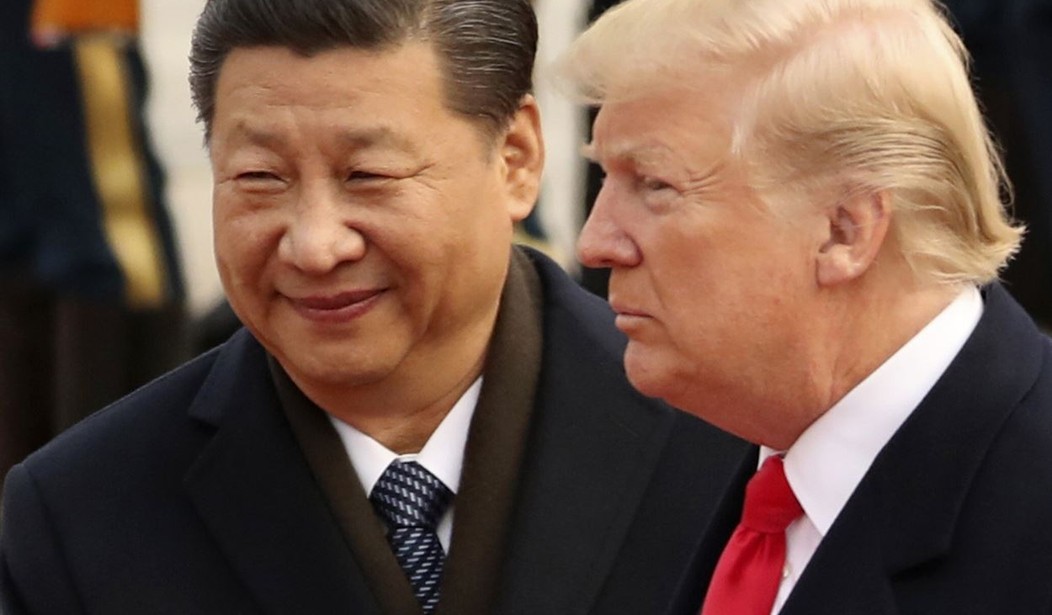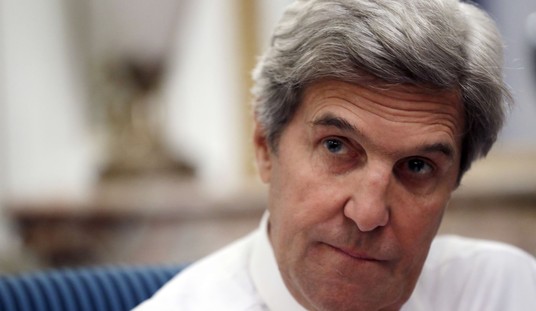President Trump’s 90-day tariff pause has ignited a firestorm — because it’s not just a change in policy; it’s a paradigm shift. For years, foreign nations have drained America’s economy with lopsided trade deals while career politicians stood by and shrugged even though they knew America was getting screwed. Trump isn’t playing a game. He’s making it clear that the days of America getting ripped off are over, and he’s not bluffing; he’s resetting the rules.
As I’ve pointed out before, while the left rushes to spin Trump’s 90-day tariff pause as a sign of weakness, the truth is far more calculated. There’s a deliberate strategy in play. When CNN’s international business correspondent Richard Quest pressed for answers on the timing, Scott Jennings cut through the noise and revealed exactly what the administration is thinking: this is tactical, not retreat.
"Doing it this way gave him maximum leverage,” he said. “It showed people that he was serious and it showed people that this isn't for show, that if you don't deal with us, we are willing to act here."
This explanation came as Treasury Secretary Scott Bessent revealed that "over 75 countries want to come in" to negotiate trade deals — a vindication of the strategy's effectiveness.
The discussion took a revealing turn when Ana Navarro attempted to reframe the debate around gender politics, suggesting that a female leader like Kamala Harris would be criticized as "hormonal and hysterical" for similar actions. Jennings cut through the rhetoric with a stark assessment: "She would've never stood up to China.”
Ana Navarro: "If Kamala Harris behaved this way, Republicans would call her 'HORMONAL!'"@ScottJenningsKY: She would've had to get elected first... pic.twitter.com/CiWG9vykL8
— Townhall.com (@townhallcom) April 10, 2025
He’s right, of course, because no other leader has. Even Barack Obama has talked tough on China without doing anything about it.
“The, the argument is number one, that's the biggest market in the world,” Obama explained back in 2015. “Number two is those countries are already selling to us. I-I keep on pointing out, there are a lot of Japanese cars here in the United States, almost no US cars in Tokyo. Number three is that if we don't write the rules, China will write the rules out in that region. We will be shut out. American businesses, American agriculture. That will mean a loss of U.S. jobs.”
Obama in 2015: “If we don’t write the rules, China will… we’ll lose U.S. jobs.”
— Apple Lamps (@lamps_apple) April 10, 2025
Trump in 2025: Hits China with 125% tariffs to stop the bleeding.
Media back then: “Strategic genius.”
Now: “Trump’s dangerous!”
Same damn message.. Trump just had the balls to do it. Hypocrites. pic.twitter.com/xwjpdyx1Tk
This is why Trump's strategy represents a fundamental shift in how America conducts trade diplomacy. He's not saying anything different than many on the right and left have said. He's just following through.
Related: Kevin O’Leary Exposes How China Screws Over American Small Businesses
Critics who characterize his methods as mercurial or chaotic miss the underlying pattern: establish credible threats, demonstrate willingness to act, then offer strategic opportunities for negotiation. This approach has forced nations worldwide to reevaluate their trade practices and economic partnerships.
What makes this strategy particularly effective is its break from traditional diplomatic niceties in favor of consequential actions. When Navarro complained about Trump's "craziness," she inadvertently highlighted why his approach succeeds where others have failed — it creates genuine pressure for change rather than maintaining a comfortable but ineffective status quo.










